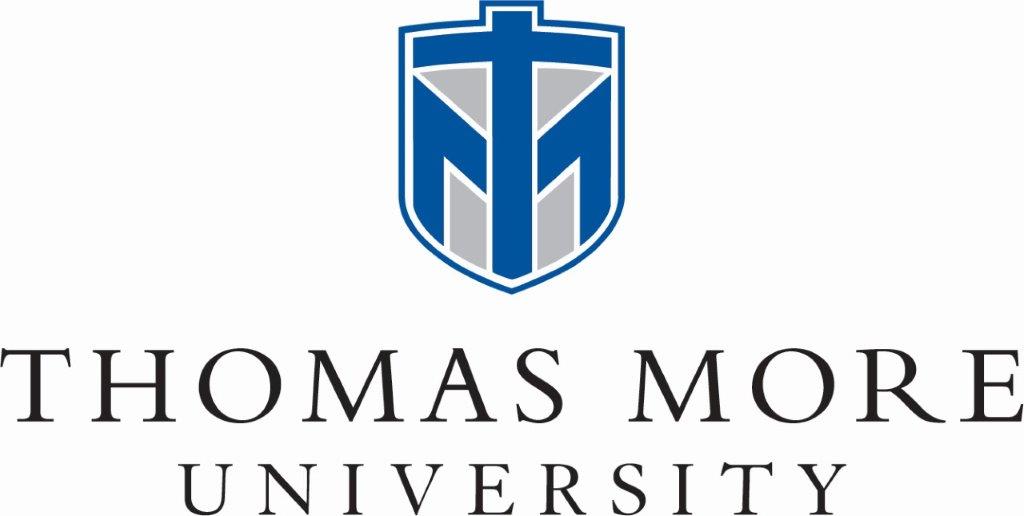
All staff employees. Faculty are excluded from this Policy.
The purpose of this Policy is to provide an effective and equitable process for the issuance of discipline up to and including termination to non-faculty employees that is the result of misconduct, unsatisfactory performance, attendance, behavioral issues, and/or violations of the policies of the University.
Corrective Action: employment-related action (including imposition of sanctions) undertaken to correct or modify unacceptable job performance or behavior to acceptable standards. Such corrective action may include a verbal warning, written warning, implementation of a Performance Improvement Plan, suspension, and/or discharge.
Thomas More University makes every effort to create an environment which promotes positive employee performance and behavior. All staff employees (hereinafter “employee” or “employees”) have an obligation to observe and follow the University’s policies, maintain harmony in working relationships, and to maintain proper standards of conduct at all times.
For the occasional instances when an employee is unable or unwilling to do their part, prompt Corrective Action must be taken. Such Corrective Action may include a verbal warning, a written warning, implementation of a Performance Improvement Plan, suspension and/or discharge. The appropriate action will be determined by the University based on the frequency, seriousness, and circumstances involved, as the sole discretion of the University. There is no guarantee that one form of action will necessarily precede another. The University reserves the right at all times to proceed directly to the discharge of the employee, as set forth below.
Corrective counseling via the use of a Performance Improvement Plan is used when the employee and management discuss, review, and resolve problems related to the employee’s behavior and/or performance. Corrective counseling and the implementation of a Performance Improvement Plan may be used when actions or behaviors fail to meet the University's standards.
All employees should be aware that certain offenses, due to the nature of their seriousness, warrant no other disciplinary action except immediate termination. The following list, while not all inclusive, serves as a guideline:
Notwithstanding the foregoing, the University reserves the right to terminate an employee immediately for any and all conduct that the University deems to be unsafe, inappropriate, at odds with the interests of the University, and/or harmful to the University, at the sole discretion of the University.
It is emphasized that disciplinary decisions will be based on an assessment of all relevant factors. This Policy is not a contract and does not alter an employee’s employment at-will status.
Not Applicable.
I. Supervisor Responsibilities
The employee’s supervisor is responsible for applying corrective action via the implementation of a Performance Improvement Plan as necessary for an employee. Human Resources may be contacted for advice and consultation regarding corrective action and the implementation of a Performance Improvement Plan.
The employee’s supervisor shall notify the employee of the failure to meet performance requirements, or a violation of University or departmental policies or rules and is responsible for consulting with the Director of Human Resources to ensure that they are in agreement regarding corrective action.
II. Suspension Pending Investigation
In cases where the employee’s presence at work may interfere with the performance of an investigation or pose a threat to others, the employee in question may be placed on administrative leave with pay pending the outcome of any investigation conducted by the University. The area vice president, in consultation with the employee’s supervisor and the Director of Human Resources (or a designee), will be responsible for approving the placement of an employee on suspension when warranted.
III. Involuntary Termination Procedures
Note: Although involuntary terminations due to performance or conduct matters generally include corrective action, the University reserves the right to bypass any corrective action, including verbal warnings or participation in a Performance Improvement Plan, as it deems necessary in light of the specific circumstances.
IV. Post-Employment Procedures
If the employee is asked to leave the employ of the University, a Human Resources representative will meet with the individual to collect all University property, as well as offer guidance regarding any benefit rights and continuation to which the employee is legally entitled. The individual’s final paycheck, which shall include any unused vacation pay will be direct deposited on the next scheduled pay date. Unused sick time is not paid out to the employee.
The individual should notify the Director of Human Resources if his or her address changes during the calendar year in which he or she leaves so that tax information will be sent to the proper address.
|
Date |
Supersedes Policy |
Summarize Change |
|
September 2018 |
This is a new policy, replacing language in the Staff Manual (May 2014). |
|
Performance Improvement Plan Form
Laura Custer, Director of Human Resources
Dr. Kathleen Jagger, Acting President